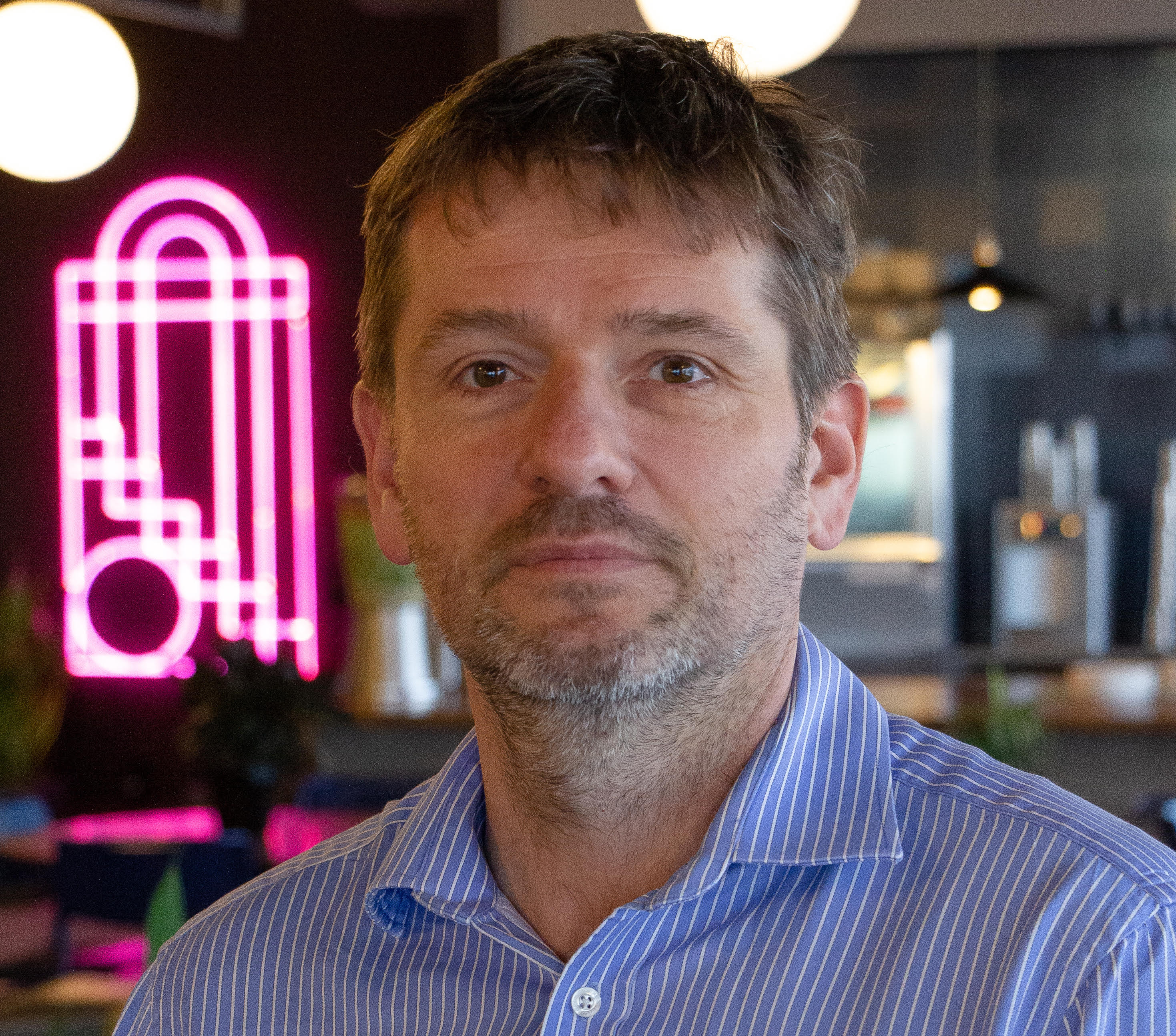iCEIBA is among the startups selected to present to leading investors like SeedX Lichtenstein, Capnamic Ventures, G+D Ventures and Idinvest Partners at the 11th FinTech Forum, 21st Nov. 2019 in Frankfurt: https://ftf11.eventbrite.com
1. Please tell us a bit about yourself, both at work and leisure.
My background is combination of technology, marketing and business and working as a strategic advisor with both nimble (read it small) businesses, as well as with corporates on their tech-enabled strategic initiatives. I have also quite extensive experience in M&A on both buyer & seller side and expertise across number of industries including enterprise software, digital media, electronic payments, consumer electronics and several more. Last several years I have been working with number of early stage tech businesses in several locations including London, Prague, Hong Kong, Shenzhen, Los Angeles and few other startup ecosystems. To make it simpler I made a journey from a coder, through a tech journalist and marketer into tech businessperson.
I love sailing as a way to decompress and experience real world, where for lack of time to do real sailing I do substitute it on more regular basis with obstacle course racing (yes, its running with some additional fun).
2. Which services do you sell and who are your competitors?
iCEIBA interfaces (and ultimately serves) three different constituents, where our main customer is a business owner, who has a very specific need – to cash in as fast as possible, and as efficiently as possible the unpaid claim against the party, which does not want to pay that claim. And that leads to the connection to two other key groups we work with – lawyers, who participate in litigation process and investors/financiers, who provides financing to help us to transform totally illiquid assets and many times quite costly and lengthy process into cash.
The question about competition is quite interesting as we are essentially filling the gap, where there is financing available (and therefore where the competition is) for large litigation cases like international arbitration, IP infringement or class action law suites, whilst almost no financing/solution for small and medium commercial cases, which is our domain. There are some other companies bringing the innovation into the space, the most notable one is Legalist from San Francisco.
3. How did you get your startup idea and how did you go about launching it?
It was a bit longer iteration process, where we have identified the opportunity to use several technology pieces to innovate at the edge of financial and legal services. So it was not so much single idea, but more exploration based upon several random interactions with litigation space and discovery of the opportunity. It took quite a time to come to a conclusion that it’s valid enough to launch the company around it.
4. How did you finance your startup, and what learnings would you like to share from the fund-raising journey?
We have been using self-financing in initial stage, and recently added participation in Dallas-based accelerator Tech Wildcatters, which we are very proud of, even thou we don’t see financing as the main benefit in this particular case. We are on the path to raise more serious funding in order to be able able to expand our commercial operation through combination of the approaches including tokenization (which is one of our innovation in the space).
I have been personally driving in the past fund-raising of several startups, so I would consider myself fairly seasoned in that space and the truth is, every path is different and always the most important part are fundamentals of the business. And yes, it’s never easy.
5. What areas within FinTech do you personally find most interesting and why?
I am fascinated by the opportunities, which are rather about creating completely new services, which are possible because of technology advancement or rather more because of new breed of the innovators finding how to address problems, which were left aside by traditional financial service providers and policy makers. In another words, I find most interesting those, which are bringing practical solutions, where policy makers failed or ignored. I believe that biggest opportunities are around various points of inclusivity – helping underserved markets and demographics groups.
6. What opportunities do you see for FinTech startups in Europe, and how can we help?
I think that biggest opportunity is not to limit scaling opportunities to Europe, and bring solutions, which can be global using Europe as the Launchpad. I think that for several reasons FinTech is the space where Europe has one of the biggest opportunities to create substantial global players and the key is support from local regulators to nurture initial ‘sandbox’ level of operations, access to talent and utilisation of support for international expansion.
7. What tip would you like to give FinTech entrepreneurs?
Its probably more general, but I believe the key is to focus at excellence in which we address customer pain points rather than finesse of the technology or sophistication of our solutions. So in other words – put your customer first, and anything else should be the tool to address customer needs and problems. Probably quite obvious, but again and again I do see to much focus on creating innovation for the sake of innovation, than addressing in most practical way the real problems.

